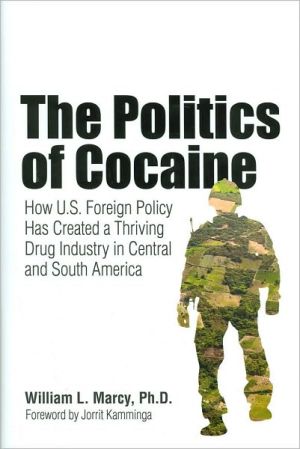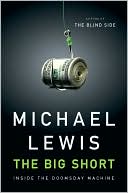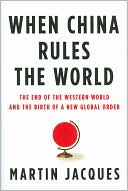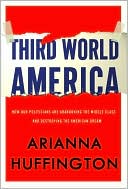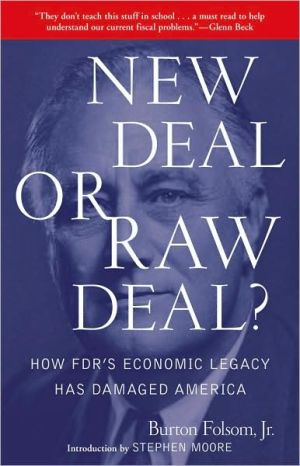The Politics of Cocaine: How U.S. Foreign Policy Has Created a Thriving Drug Industry in Central and South America
Drawing on declassified documents and extensive firsthand research, The Politics of Cocaine takes a hard look at the role the United States played in creating the drug industry that thrives in Central and South America. Author William L. Marcy contends that by conflating anti-Communist and counternarcotics policies, the United States helped establish and strengthen the drug trade as the area’s economic base. Increased militarization, destabilization of governments, uncontrollable drug...
Search in google:
Drawing on declassified documents and extensive firsthand research, The Politics of Cocaine takes a hard look at the role the United States played in creating the drug industry that thrives in Central and South America. Author William L. Marcy contends that by conflating anti-Communist and counternarcotics policies, the United States helped establish and strengthen the drug trade as the area’s economic base. Increased militarization, destabilization of governments, uncontrollable drug trafficking, more violence, and higher death tolls resulted.Marcy explores how the counternarcotics policies of the 1970s collapsed during the 1980s when economic calamity, Andean guerrilla insurgencies, and Reagan’s anti-Communist struggle with Nicaragua and Cuba became conflated as part of the War on Drugs. The book then explores how the U.S. invasion of Panama and narcotics related violence throughout Andean region during the 1990s led to the militarization of the War on Drugs as a way to confront narcotics production, narco-traffickers, and narco-guerrillas alike. Marcy brings to the reader up to the end of the George W. Bush administration and explains why to this date the United States remains unable to control the flow of cocaine into the United States and why the War on Drugs appears to be spiraling out of control. The Politics of Cocaine fills in historical gaps and provides a new and controversial analysis of a complex and seemingly unsolvable problem. Publishers Weekly Marcy investigates why South American drug trafficking has remained so hardy and lucrative even as the U.S. has spent billions—usually on wrongheaded measures, as he sees it—to combat both production and export. Costly raids and drug seizures have had minimal impact on production and no impact on U.S. consumption, argues Marcy. Furthermore, the U.S.'s obsession with coca crop eradication without any equivalent spending on economic development has kept the coca farmers without a viable market around which to design an alternative industry. But there are no simple solutions, according to Marcy: drug legalization “could spawn more problems than it solves,” and the disparity in power between the U.S. and Latin American nations keeps the “war on drugs” unwinnable. While the prose can be dry, Marcy's connections and conclusions richly reveal how intricately the legitimate and illegal economies are entangled across two continents. (Mar.)
MapsIntroduction U.S. Drug Policy in the Northern Andes and Latin America 11 The Growth of the Narcotics Industry in the Northern Andes, 1971-1980 72 The Economic Role of Narcotics in Latin America, 1980-1987 293 U.S. Narcotics Control Policies in the Northern Andes, 1980-1987 514 Reagan, the Drug War, and the Narco-Terrorist Nexus 835 Northern Andean Guerrillas, Drug Trafficking, and Cold War Politics 1176 The Militarization of the Drug War: Bush, Panama, and the Andean Strategy 1337 The Failure of the Andean Strategy 1638 Clinton: From the Andean Strategy to Plan Colombia 207Conclusion U.S. Drug Policy Comes Full Circle 239Notes 259Index 349
\ Publishers WeeklyMarcy investigates why South American drug trafficking has remained so hardy and lucrative even as the U.S. has spent billions—usually on wrongheaded measures, as he sees it—to combat both production and export. Costly raids and drug seizures have had minimal impact on production and no impact on U.S. consumption, argues Marcy. Furthermore, the U.S.'s obsession with coca crop eradication without any equivalent spending on economic development has kept the coca farmers without a viable market around which to design an alternative industry. But there are no simple solutions, according to Marcy: drug legalization “could spawn more problems than it solves,” and the disparity in power between the U.S. and Latin American nations keeps the “war on drugs” unwinnable. While the prose can be dry, Marcy's connections and conclusions richly reveal how intricately the legitimate and illegal economies are entangled across two continents. (Mar.)\ \
